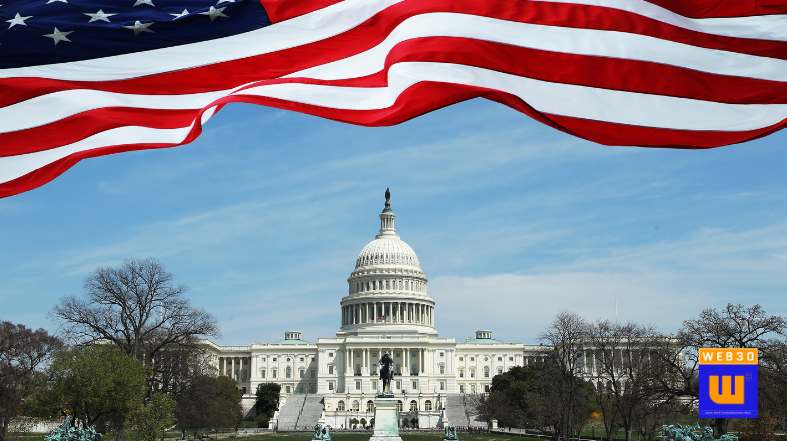A new law in the United States gives the president unprecedented authority to block access to digital assets, raising significant concerns about its wide-reaching implications and potential effects on users.
The legislation has drawn sharp criticism from experts in the digital assets field. Scott Johnsson, a notable commentator, expressed his concerns on X, saying:
“It’s hard to see how this isn’t intended to be a user-level ban power by the President on any protocol or smart contract deemed by the Treasury Secretary to be ‘controlled, operated, or [made] available’ by a foreign sanctions violator. The scope and implications are breathtaking, potentially pushing users towards KYC/permissioned chains.”
This new law represents a significant shift in the regulation of digital assets in the United States, with many worried about its impact on the decentralized nature of blockchain technology and user privacy.
Summary Review: The new U.S. law granting the president the power to block access to digital assets has sparked substantial concern among industry experts and users alike. The broad scope of this legislation raises questions about its impact on the decentralized nature of blockchain technology and the potential for increased regulation pushing users towards permissioned chains. As the digital asset landscape continues to evolve, this law could mark a significant turning point in how digital assets are regulated and accessed in the United States.
Disclaimer: Remember that nothing in this article and everything under the responsibility of Web30 News should be interpreted as financial advice. The information provided is for entertainment and educational purposes only. Investing in cryptocurrency involves inherent risks and potential investors should be aware that capital is at risk and returns are never guaranteed. It is imperative that you conduct thorough research and consult with a qualified financial advisor before making any investment decision.





